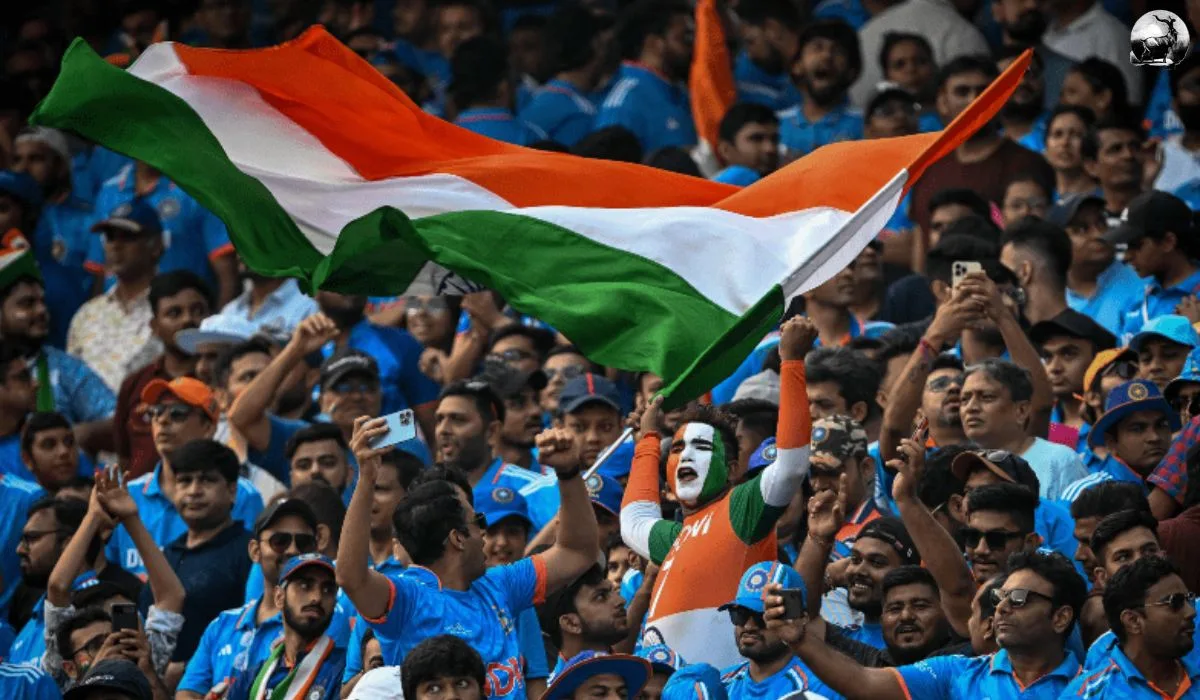BCCI has come under fire for its decision to ban advertisements related to cryptocurrencies while continuing to endorse Dream11, a fantasy sports platform.
This move has raised questions about the consistency of the BCCI’s policies, especially when the Indian government taxes both cryptocurrency trading and online gambling applications like Dream11 at the same rate.
The BCCI’s decision was reportedly influenced by an advisory from the Union Health Ministry, which argued that endorsing tobacco and alcohol products could set a harmful precedent for young fans.
However, no explanation has been provided for the inclusion of cryptocurrencies in this blanket ban.
This has sparked frustration within the cryptocurrency community, which points out the apparent hypocrisy of allowing a betting platform like Dream11 to remain a sponsor.
Despite the criticism, Dream11 has managed to secure a sponsorship deal worth ₹358 crore ($41.44 million) with the BCCI from 2023 to 2026.
The Supreme Court of India has ruled that Dream11 operates as a “skill-based game” rather than gambling, which legally distinguishes it from other forms of betting.
This ongoing debate also highlights the broader issue of India’s growing online gambling industry, with millions of users engaging in gambling platforms.
Despite the risks, the ease of access to these platforms is fueling concerns, particularly regarding the younger generation’s involvement in gambling.














